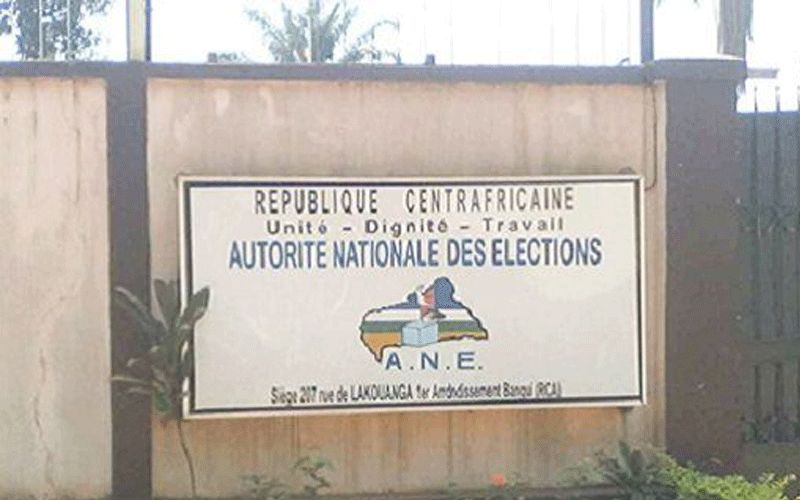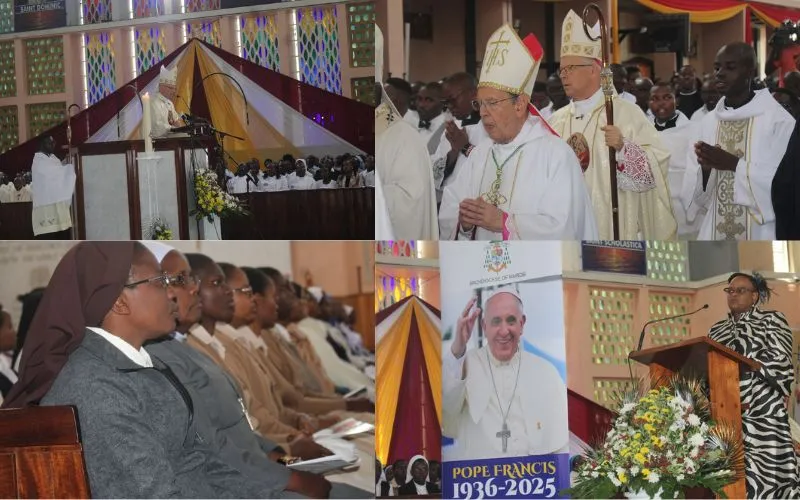Bangui, 08 September, 2020 / 10:37 pm (ACI Africa).
Bishops in the Central African Republic (CAR) have, in a Pastoral Letter, expressed their concerns about insecurity amid armed civilians as eligible citizens of the Central African nation prepare to take part in the general elections slated to take place December 27.
In their pastoral letter shared with ACI Africa Sunday, September 6, the members of the Central African Episcopal Conference (CECA) also appeal to various stakeholders to respect the time frame of the polls and ensure a free, transparent and peaceful election.
“The overall security situation in the country remains a cause for concern. Many weapons are in circulation and the Disarmament, Demobilisation, Reintegration and Repatriation (DDRR) program is slow to take off,” the Bishops say in their collective letter dated September 6 and titled, “Free my People.”
They add, “We note with bitterness that 70 or even 80 percent of our country is still occupied by armed groups, some of whose leaders are mercenaries. They are involved in war crimes, crimes against humanity, environmental crimes and large-scale looting of our mineral resources.”
“The state of insecurity makes thousands of houses uninhabitable. Some families prefer to live in exile or to stay in IDP sites, which are sometimes located a hundred meters from their homes. Victims are desperately waiting for their rights to be granted,” they further say in their pastoral letter signed by the nine Bishops of CECA.








